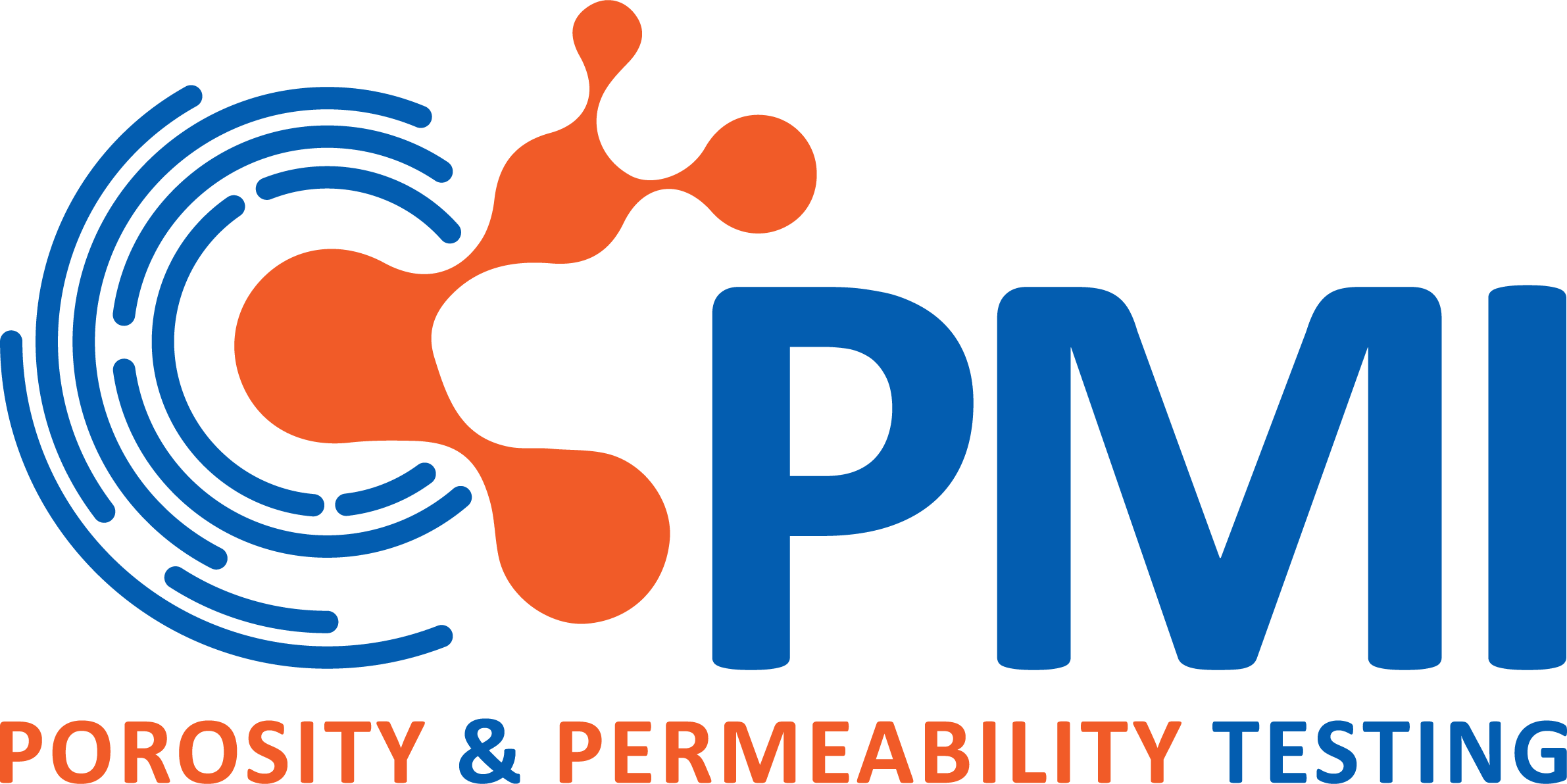Nanofiltration and Ultrafiltration
Nano filtration is a relatively recent membrane filtration process used most often with low total dissolved solids water such as surface water and fresh groundwater, with the purpose of softening (polyvalent cation removal) and removal of disinfection by-product precursors such as natural and/ or synthetic organic matter. Nano filtration is also becoming more widely used in food processing applications such as dairy, for simultaneous concentration and partial (monovalent ion) demineralization.
Whereas Ultrafiltration (UF) is a variety of membrane filtration in which forces like pressure or concentration gradients lead to a separation through a semipermeable membrane. Suspended solids and solutes of high molecular weight are retained in the so-called retentate, while water and low molecular weight solutes pass through the membrane in the permeate.
This separation process is used in industry and research for purifying and concentrating macromolecular (103 – 106 Da) solutions, especially protein solutions. Ultrafiltration is not fundamentally different from microfiltration. Both of these separate based on size exclusion or particle capture. It is fundamentally different from membrane gas separation, which separates based on different amounts of absorption and different rates of diffusion.
Ultrafiltration membranes are defined by the molecular weight cut-off (MWCO) of the membrane used. Ultrafiltration is applied in cross-flow or dead-end mode. PMI’s Liquid Liquid Porometer provides pore size measurement for as low as 2nm , while the Capillary Flow Porometers provide pore size measurement capability as low as 13 nm and up to 500 microns on the higher side.
Precise UF and NF Membrane Testing ensures accurate analysis of pore size, permeability, and filtration efficiency. Designed to support both research and industrial applications, Nanofiltration and Ultrafiltration testing plays a key role in validating membrane performance and reliability.
Related Products
Capillary Flow Porometers, Liquid Liquid Porometers, Advanced Filter Analyzer,

